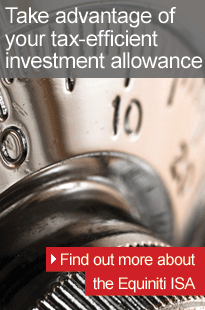You may be able to reduce your tax bill by deducting capital allowances on equipment or assets that you've got to provide to do your job. You can only get an allowance for an item that you have to use in doing your job, but which your employer doesn't provide.
Tax relief
You deduct capital allowances from your taxable income - so you pay less tax. The allowances cover items that you have to provide so that you can do your work. They're to recognise that assets or equipment lose value as a r...
Continue reading...





